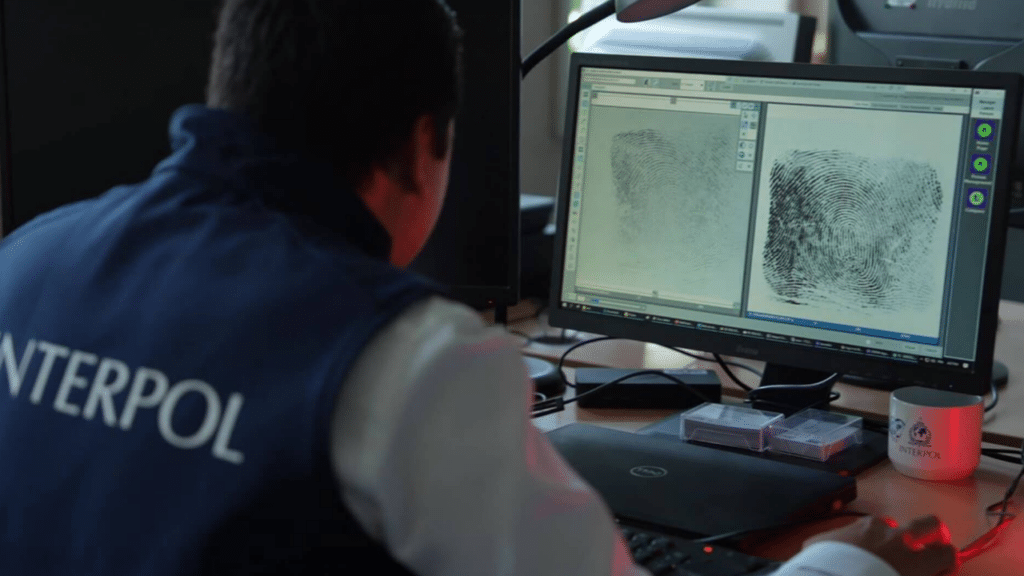To provide the most efficient service to its member countries, INTERPOL is now equipped with the IDEMIA Public Security (IPS) Multibiometric Identification System (MBIS), featuring a premium algorithm ranked #1 in the NIST results.
This new algorithmic solution, MBIS 5/MBSS, is fully integrated into the INTERPOL Bio HUB system. It includes increasingly accurate and relevant algorithms, allowing for easy and regular updates. The organization’s 196 member countries can now query the Interpol database with fingerprints and facial images. The goal is to solve the most complex cases while optimizing the use of tools, enabling criminal investigators to access post-event forensic analysis, covering fingerprints, palm prints, and latents.
These advanced algorithms were submitted to the National Institute of Standards and Technology (NIST) test and achieved first place, confirming IDEMIA Public Security’s leading position in the NIST latent fingerprint benchmark for forensic identification (ELFT – 2024).
IDEMIA’s commitment to excellence is reflected in its consistently top-ranked identity and security technologies. IDEMIA continues to lead the biometric tech race, covering iris, fingerprint, and facial recognition. NIST’s latest test results underscore IDEMIA’s outstanding expertise and solutions, combining efficiency, accuracy, and equity.
“With the delivery of this new version of the Multibiometric Identification System (MBIS), INTERPOL now benefits from the most advanced algorithms, enabling it to solve the most complex cases,” said Thibaut Sartre, Senior Vice President, International Justice & Public Safety, IDEMIA Public Security. “This project reinforces the strength of our collaboration, and we look forward to continuing our longstanding, 20+ year partnership with INTERPOL.
“I would like to thank our entire R&D team, who put their expertise to work every day in service of this partnership that helps to makes the world a safer place.”
“Adopting cutting edge biometric technology is key to the ability of law enforcement to counter all types of transnational crime,” added Cyril Gout, Director, Operational Support and Analysis at INTERPOL. “I am confident that IDEMIA’s upgraded multibiometric system will allow INTERPOL to further support our member countries in their essential mission to safeguard their borders and communities.”
A longstanding collaboration
IDEMIA and INTERPOL first began their collaboration in 1999, when IDEMIA delivered the original Automated Fingerprint Identification System (AFIS).
The AFIS was designed to facilitate cooperation between police forces from member countries by providing access to global police tools and services, including forensics, fingerprint evidence, and the exchange of forensic data to support international investigations.
In 2016, INTERPOL opted for IDEMIA’s advanced facial recognition capabilities to create the INTERPOL Face Recognition System (IFRS), which contains face images from more than 170 countries.
Meanwhile, in 2019, INTERPOL renewed its contract with IDEMIA to upgrade the current system and transform it into a Multibiometric Identification System (MBIS). Since its inception, the biometric systems have helped identify several thousand individuals including terrorists, criminals, fugitives, persons of interest and missing persons.
Today, authorised users in INTERPOL member countries can submit and cross-check fingerprints and facial images via the Bio HUB, using INTERPOL’s secure global police communications network.
To read more IDEMIA news, click here. Equally, to read more INTERPOL news, click here.





